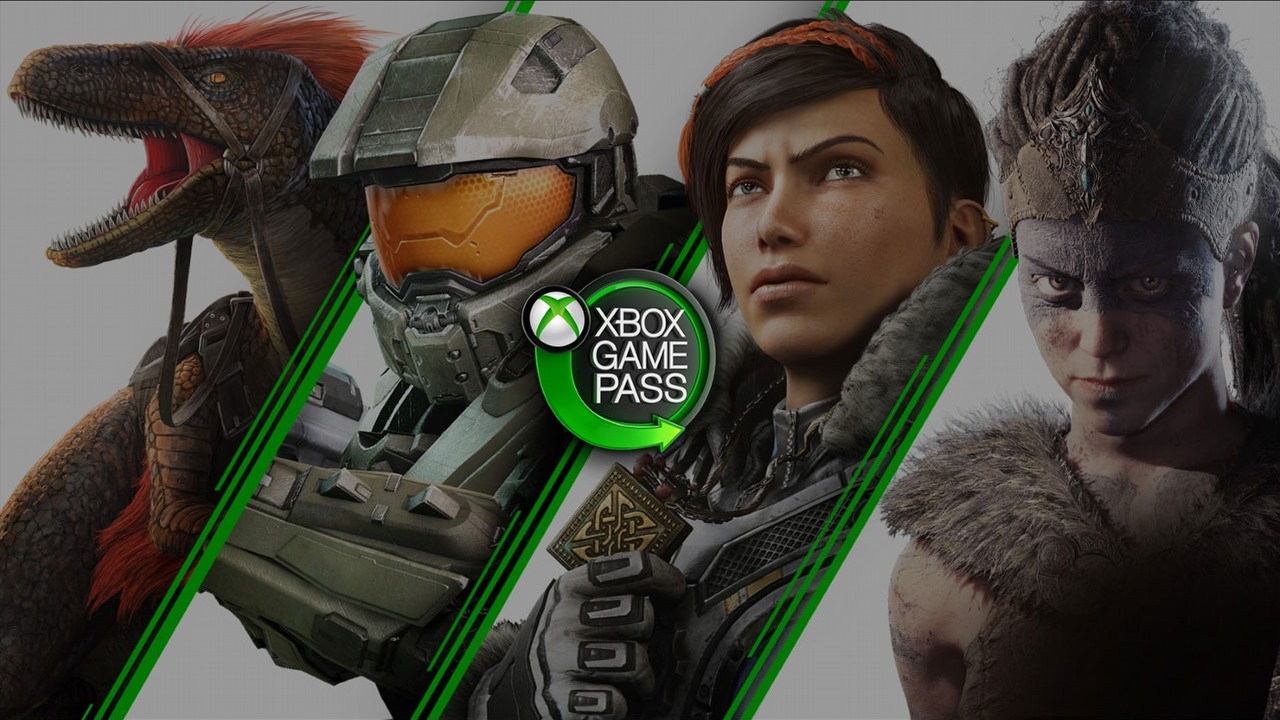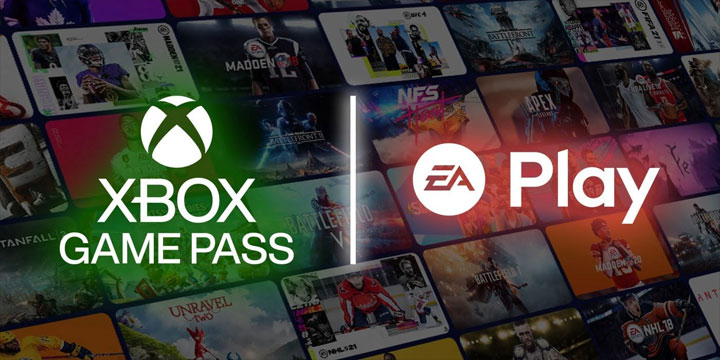Game Pass Makes Us Play More Games, Longer
Game Pass has proven to be a big success for Microsoft. Users of this service play longer, more titles and are more willing to reach for game genres that they are unaccustomed to.

- Spend 20% more time gaming;
- Try 30% more games;
- Are 40 times more likely to play games from genres other than their favorite ones.
Forbes published an article describing the success of the Game Pass subscription service. It contains some interesting information showing how good an investment this project has turned out to be for Microsoft.
People with Game Pass subscription spend on average 20% more time on gaming than those not using the service. Moreover, they try out 30% more titles. They also reach for genres they previously avoided as much as 40 more often. It's not hard to understand the reasons for such behavior. The subscription provides access to a rich catalog of games, so it's no wonder that users play more and are more willing to give a chance to productions they wouldn't spend money on.
It is worth comparing this with the stats from 2019. Back then, it was boasted that Game Pass subscribers play 40% more titles than people without the subscription and are 30% more likely to reach for new genres. This means the first category has decreased, while the second - increased.
The article also includes statements from Microsoft's Sarah Bond. She explains that Game Pass is very different from subscriptions that offer access to music or video content. In services such as Netflix or Spotify, the user's payment for a subscription is the last opportunity to make money. In the case of subscriptions offering access to video games, the opposite is true. Players get access to many titles at no extra charge, but in these titles they can often spend extra money, e.g. through microtransactions.

In addition, buying games digitally is now commonplace and these sales are made through the same services as subscriptions such as Game Pass. Many players, encouraged by what they could play with the help of subscription, are willing to buy other games from the series.
Sarah Bond believes that Game Pass still has a huge growth potential. As she explains, around 3 billion people in the world play video games, while only 200 million have a console. That's why Microsoft is investing in the development of subscriptions not only for Xboxes. The service is also present on PC and via streaming (as part of the xCloud project), so that access to it is not limited to owners of XONE or Xbox Series X/S.
Interestingly, Game Pass did not repeat the mistakes of, for example, Spotify, where creators hardly earn anything. Many independent developers expressed their doubts about the subscription model, but these fears proved to be mostly unfounded, at least for now. No More Robots, a company that specializes in publishing small indie projects, praises its partnership with Microsoft. Niche multiplayer games, such as Descenders, have benefited greatly from being available on Game Pass. Many people discovered the title this way and invited friends to play. However, some of them did not feel like paying for the subscription, so they simply bought the title in traditional digital distribution. Thus, making the game available in Game Pass not only did not hurt sales, but clearly increased them.
In addition, the Redmond giant is willing to sign deals for unusual titles such as Hypnospace Outlaw, which will never become hits, but their presence in the subscription offer increases the attractiveness of the service as a whole. Interestingly, this title also saw an increase in traditional distribution sales, though not as much as Descenders.
Overall, No More Robot is pleased with the collaboration. The company was worried that making games available on Game Pass would result in declines in sales, but nothing like that happened.
- All You Need to Know About Xbox Game Pass
- Microsoft - official website
- Xbox Game Pass - official website
- EA Play in Xbox Game Pass on PC Launching on March 18
- Fallout 3 and New Vegas are set to get remasters similar to Oblivion, but the mysterious countdown is not related to either of them
- Player collected all the games for his beloved console. It took him „only” 20 years
- Two sources confirm what Wolfenstein fans have been waiting for. Ninja Theory is developing a game that will fix the Hellblade series' biggest flaw
0

Author: Adrian Werner
A true veteran of the Gamepressure newsroom, writing continuously since 2009 and still not having enough. He caught the gaming bug thanks to playing on his friend's ZX Spectrum. Then he switched to his own Commodore 64, and after a short adventure with 16-bit consoles, he forever entrusted his heart to PC games. A fan of niche productions, especially adventure games, RPGs and games of the immersive sim genre, as well as a mod enthusiast. Apart from games, he devourers stories in every form - books, series, movies, and comics.
Latest News
- 12 million players are celebrating, but not everyone will get a gift. ARC Raiders devs give away pickaxes and bans
- Cyberpunk 2077 creator explains why male V suddenly disappeared from ads
- Court sides with GTA 6 devs. Former Rockstar Games employees suffer a painful blow in their fight for money
- 2 Xbox Game Pass games. Star Wars: Outlaws comes with a newly released zombie apocalypse simulator
- „Bloodborne is a special game for me.” Dark Souls father's honest declaration is painful and hopeless, but true

